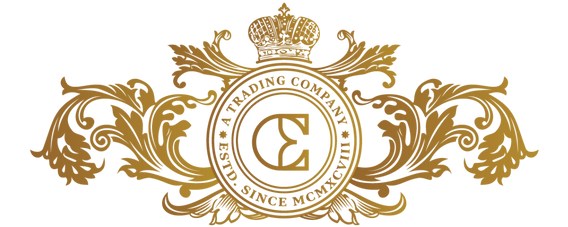Bourdain was one of the most influential modern travel writers. He blended travel with cultural commentary, personal reflection, and a journalist’s curiosity. His style was raw, often profane, but deeply reflective. Bourdain explored politics, globalization, identity, and empathy. His work challenged stereotypes and asked uncomfortable questions about privilege, power, and cultural misunderstanding. Where others spotlighted cuisine, Bourdain sought out humanity: flawed, beautiful, and often overlooked. From war zones to back-alley noodle shops, he reminded us that a shared meal could be a bridge—between people, cultures, and even pain.
What He Stood For
-
Radical Curiosity: Bourdain believed in asking hard questions and going where others wouldn’t. His travels weren’t about luxury or comfort—they were about insight, discomfort, and growth.
-
Authenticity Over Perfection: He had no patience for sanitized stories or culinary elitism. He celebrated the grit, soul, and imperfection in both people and places.
-
Empathy Through Food: For him, food was never just food. It was a universal language—a way to connect across cultures, classes, and ideologies. He taught us that sitting at someone’s table is an act of deep respect and openness.
-
Voice for the Marginalized: Whether he was dining in Gaza, exploring post-colonial Vietnam, or highlighting immigrant cooks in New York, Bourdain used his platform to center voices that mainstream media often ignored.
-
Unapologetic Honesty: Bourdain was known for his dark humor and brutal candor. He spoke openly about addiction, depression, fame, and regret—making him one of the most relatable and human figures in modern media.
“If I’m an advocate for anything, it’s to move. As far as you can, as much as you can... Walk in someone else’s shoes or at least eat their food.”
This was Bourdain’s ethos. Not to judge, but to listen. Not to conquer, but to learn. Not to escape the world, but to see it more clearly. This interview is often remembered for its vulnerability and honesty. It captures Bourdain at a point where he had seen the world many times over and had wrestled deeply with meaning, connection, and inner peace. His reflections remain both insightful and haunting in light of his death in 2018.
On Work & Purpose
Bourdain spoke about how his work; traveling, writing, producing, and filming gave him a sense of purpose and structure. He was candid about the fact that work helped him maintain mental clarity and balance, even though the constant movement and unpredictability also took a toll.
“I feel compelled to see as much as I can. Work keeps the demons at bay—mostly.”
"I would much rather fail gloriously, than not venture, not try."
On Food as a Cultural Bridge
Bourdain emphasized that food was a means to understand people, politics, and culture—not just entertainment. He preferred stories with nuance, tension, and insight.
“Food is a way of getting to people’s stories. What they eat tells you a lot about them.”
On Travel & Empathy
He expressed concern that Americans were becoming increasingly insular. Bourdain championed travel as a way to foster empathy and challenge prejudices.
“The more you travel, the more you realize how little you know, how big the world is—and how similar people really are.”
On Regret & Self-Reflection
Bourdain admitted to past mistakes, particularly in how he handled relationships and success. He reflected on his personal evolution, describing himself as softer and more thoughtful with age.
“I’m less judgmental now. A little more patient. I’ve learned that being right isn’t always the most important thing.”
On Mortality and Meaning
He reflected on legacy and meaning. He said he wasn’t trying to be remembered forever, he just wanted to do good work and be decent to the people around him.
My favorite quotes of his:
“Maybe that’s enough. Just to be good at what you do, and kind to the people you care about.”
“Travel is not reward for working, it’s education for living.”
“Maybe that’s enlightenment enough: to know that there is no final resting place of the mind; no moment of smug clarity. Perhaps wisdom… is realizing how small I am, and unwise, and how far I have yet to go.”
"The world is filled with people doing the best they can.. who would like to put on a clean shirt every morning and live their lives with a bit of dignity."
For a deeper understanding, you can watch the full interview here: Link


